Buon Kiong Lau
Artificial intelligence enabled radio propagation for communications-Part II: Scenario identification and channel modeling
Nov 24, 2021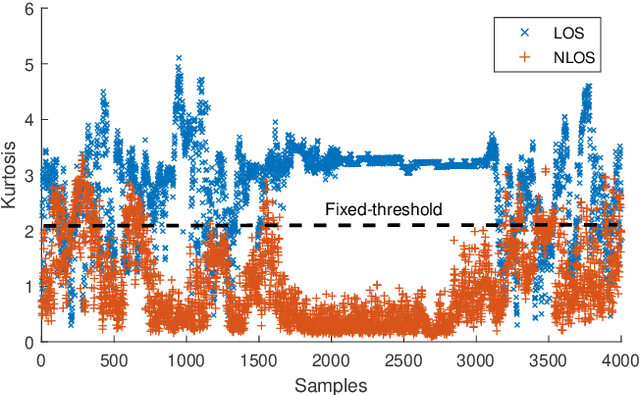
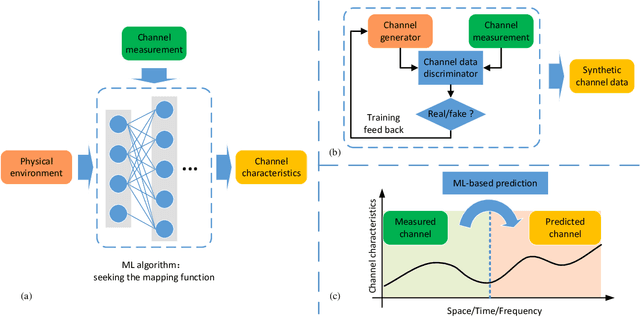
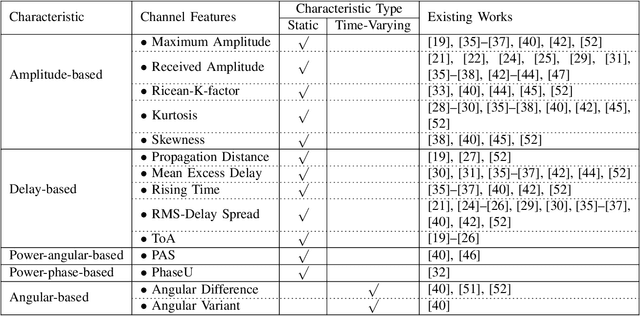
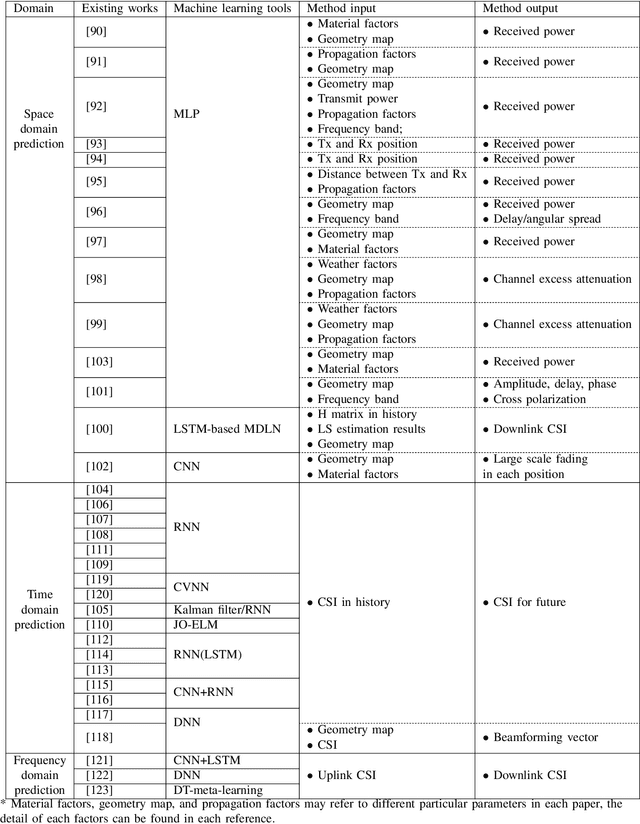
Abstract:This two-part paper investigates the application of artificial intelligence (AI) and in particular machine learning (ML) to the study of wireless propagation channels. In Part I, we introduced AI and ML as well as provided a comprehensive survey on ML enabled channel characterization and antenna-channel optimization, and in this part (Part II) we review state-of-the-art literature on scenario identification and channel modeling here. In particular, the key ideas of ML for scenario identification and channel modeling/prediction are presented, and the widely used ML methods for propagation scenario identification and channel modeling and prediction are analyzed and compared. Based on the state-of-art, the future challenges of AI/ML-based channel data processing techniques are given as well.
Artificial intelligence enabled radio propagation for communications-Part I: Channel characterization and antenna-channel optimization
Nov 24, 2021
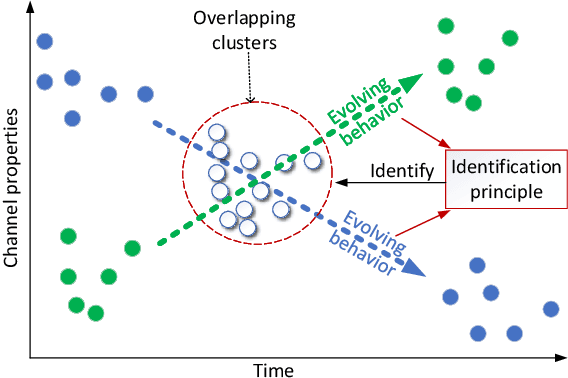
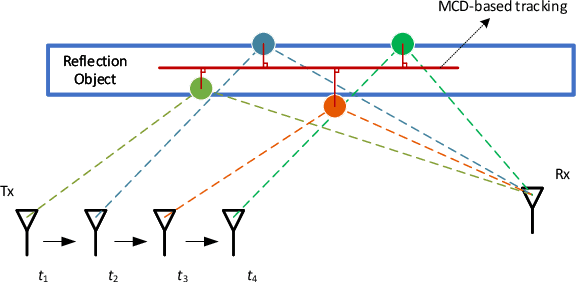
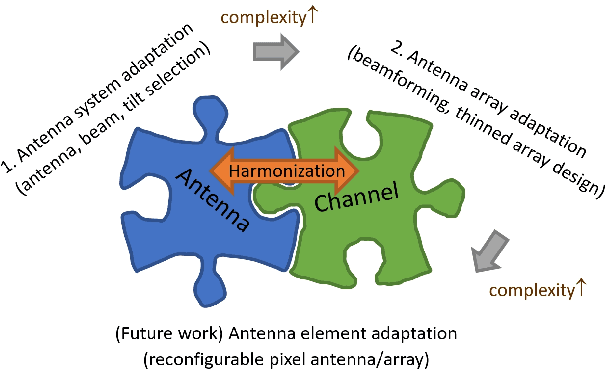
Abstract:To provide higher data rates, as well as better coverage, cost efficiency, security, adaptability, and scalability, the 5G and beyond 5G networks are developed with various artificial intelligence techniques. In this two-part paper, we investigate the application of artificial intelligence (AI) and in particular machine learning (ML) to the study of wireless propagation channels. It firstly provides a comprehensive overview of ML for channel characterization and ML-based antenna-channel optimization in this first part, and then it gives a state-of-the-art literature review of channel scenario identification and channel modeling in Part II. Fundamental results and key concepts of ML for communication networks are presented, and widely used ML methods for channel data processing, propagation channel estimation, and characterization are analyzed and compared. A discussion of challenges and future research directions for ML-enabled next generation networks of the topics covered in this part rounds off the paper.
 Add to Chrome
Add to Chrome Add to Firefox
Add to Firefox Add to Edge
Add to Edge